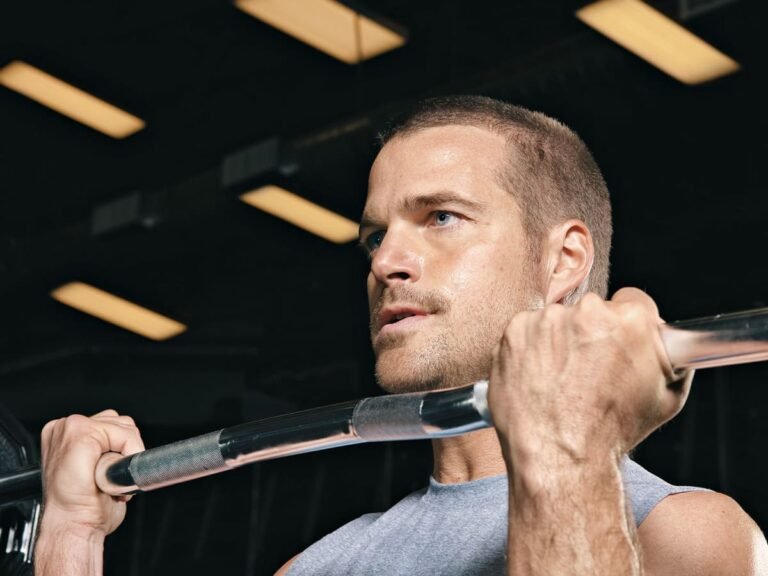Aging Gracefully: How To Stay Sharp and Vital as You Grow Older
Aging is a natural process, but how we age can vary significantly. It isn’t just about adding years to life but adding life to those years. Staying mentally sharp, physically active, and emotionally fulfilled are key to enjoying a high quality of life as we grow older. By adopting certain lifestyle habits and attitudes, we can approach aging with grace and vitality. Keep reading to discover the best practices for maintaining your energy and sharpness well into your later years.
The Role of Nutrition in Promoting Healthy Aging
When it comes to aging gracefully, what you eat matters. A balanced diet rich in fruits, vegetables, lean proteins, and whole grains provides essential nutrients that support overall health. A well known food brand Subway also offers healthy food only for those who care about health. Antioxidants found in colorful produce combat the free radicals that contribute to aging at the cellular level.
Omega-3 fatty acids, known for their anti-inflammatory properties, are another important dietary component. Found in foods like salmon and flaxseeds, they support brain health and may reduce the risk of chronic diseases that are prevalent in later years. Similarly, maintaining adequate hydration is essential, as water aids in digestion, circulation, and cellular health.
Certain products can also play a role in healthy aging. For instance, NMN supplement benefits may include supporting energy levels and metabolism, which tend to decline with age. However, it’s important to consult with a healthcare provider before making any changes to your health.
Staying Socially Connected to Enhance Emotional Well-Being in Later Years

Loneliness and social isolation can take a serious toll on an individual’s emotional and physical health, particularly in the aging population. Staying socially connected, whether through regular meetups with peers, joining clubs, volunteering, or maintaining strong family ties, is essential for emotional well-being.
Moreover, the reciprocal benefits of social connections are profound; they can reduce stress levels, encourage healthy behaviors, and provide a sense of meaning and purpose. Community engagements often lead to increased physical activity, which as discussed earlier, is crucial for aging vitality.
In the realm of professional engagement, remaining in the workforce or exploring new career ventures can also foster social ties and a sense of accomplishment. For those in the social work field, understanding how to get your social worker license can be a first step toward a fulfilling career that remains rewarding well into later life.
Physical Activity and Its Impact on Aging Vitality
Regular physical activity is a cornerstone of healthy aging. Exercise strengthens the heart, muscles, and bones, which can deteriorate with age. It also enhances flexibility and balance, reducing the risk of falls—one of the primary health concerns for older adults.
However, an active lifestyle isn’t solely about traditional exercise; it’s about incorporating movement into daily routines. Whether it’s walking to the store, gardening, or even standing up during TV commercials, every bit of activity counts. To reap the most benefits, aim for a mix of cardiovascular, strength, flexibility, and balance exercises.
Furthermore, group classes or exercise with friends not only facilitate physical health but also provide social interaction. This combination is especially powerful for aging adults, as it nurtures the body and spirit alike. Activities like dancing or group sports bring joy and a sense of community, which are invaluable for a vibrant aging process.
Sleep Hygiene and Stress Management Techniques for Age-Related Vitality

Quality sleep is foundational to aging with vitality, as it allows the body to repair and regenerate. Good sleep hygiene includes maintaining a consistent sleep schedule, creating a comfortable sleep environment, and avoiding stimulants or heavy meals before bedtime. These practices help foster restorative sleep, crucial for cognitive function and emotional health.
Stress management, on the other hand, is equally vital in combating the adverse effects of aging. Chronic stress can accelerate cellular aging and contribute to health issues such as heart disease and diabetes. Techniques such as deep breathing, yoga, or tai chi can mitigate stress responses and promote relaxation.
Another effective tool for managing stress is cultivating a positive outlook on life. Engaging in activities that bring joy, practicing gratitude, and maintaining a sense of humor can lead to a more resilient mindset. Reducing stress not only feels better but it positively affects physical health as well.
Lastly, seeking professional help when needed is a sign of strength. Therapy and counseling can provide additional strategies to manage stress and adapt to life’s changes. Maintaining an open dialogue with healthcare providers ensures a holistic approach to managing the challenges of aging.
Altogether, the journey of aging is as much about nurturing the mind and spirit as it is about caring for the body. By prioritizing mental stimulation, nutrition, physical activity, social connections, good sleep, and stress management, we pave the way toward a fulfilling, vibrant older age.







